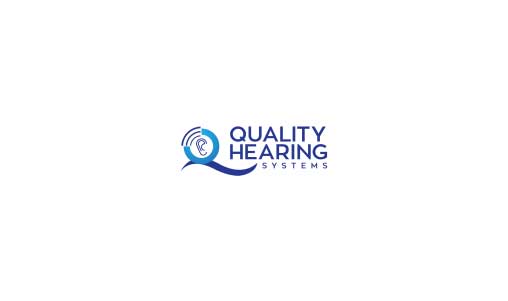You most likely are aware of many medications which can lead to organ failure, increase rates of infection, and cause numerous other side effects. But did you know that there are a number of prescription drugs that can be harmful to your hearing? These sorts of medications are referred to as ototoxic. Ototoxic drugs are both over-the-counter and doctor-prescribed medications which may damage your hearing and hinder your balance. According to the American Speech-Language-Hearing Association (ASLHA), there exist in excess of 200 known drugs that can result in permanent or temporary hearing loss or even balance problems. The 5 classes of drugs listed below are some of the more widespread ones that you may be familiar with or even be taking.
- Loop Diuretics – Loop diuretics are used for medical conditions such as high blood pressure, heart failure, and for certain kidney concerns. They have also been shown to induce hearing loss and tinnitus, which is oftentimes only detected during a hearing test.
- NSAIDs – Nonsteroidal anti-inflammatory drugs(known as NSAIDs) can result in temporary tinnitus and hearing loss.Two widely recognized NSAIDs are ibuprofen and naproxen.
- Salicylates – Salicylates are chemicals in aspirin – one of the most widely used pain relievers and heart disease treatments. In doses of eight or more tablets per day, salicylates are known to contribute to hearing loss and tinnitus (a ringing in the ears). Salicylates have the potential to cause tinnitus (a ringing sound in the ears) and diminished hearing, though these conditions will abate when you stop taking the medication.
- Chemotherapy Drugs – Cancer treatment drugs, such as cyclophosphamide, bleomycin, cisplatin and carboplatin can cause irreversible hearing damage. If you have any changes in your hearing or balance while taking your chemotherapy medications, consult your physician.
- Aminoglycoside Antibiotics – There are many types of aminoglycoside antibiotics used to treat bacterial infections, such as streptomycin, gentamicin, neomycin, kanamycin and amikacin. Problems come up when these drugs generate free radicals, which can destroy the inner ear. Infants of mothers who took kanamycin or streptomycin while pregnant have been known to be deaf.
The risk for ear damage typically rises with dosage for many drugs and when more than one of these medications are taken at the same time. If you use any of these medications and are worried about possible ototoxic effects, talk to your doctor or pharmacist so that he or she can analyze your dosage and help minimize your risk.
 You most likely are aware of many medications which can lead to organ failure, increase rates of infection, and cause numerous other side effects. But did you know that there are a number of prescription drugs that can be harmful to your hearing? These sorts of medications are referred to as ototoxic. Ototoxic drugs are both over-the-counter and doctor-prescribed medications which may damage your hearing and hinder your balance. According to the American Speech-Language-Hearing Association (ASLHA), there exist in excess of 200 known drugs that can result in permanent or temporary hearing loss or even balance problems. The 5 classes of drugs listed below are some of the more widespread ones that you may be familiar with or even be taking.
You most likely are aware of many medications which can lead to organ failure, increase rates of infection, and cause numerous other side effects. But did you know that there are a number of prescription drugs that can be harmful to your hearing? These sorts of medications are referred to as ototoxic. Ototoxic drugs are both over-the-counter and doctor-prescribed medications which may damage your hearing and hinder your balance. According to the American Speech-Language-Hearing Association (ASLHA), there exist in excess of 200 known drugs that can result in permanent or temporary hearing loss or even balance problems. The 5 classes of drugs listed below are some of the more widespread ones that you may be familiar with or even be taking.